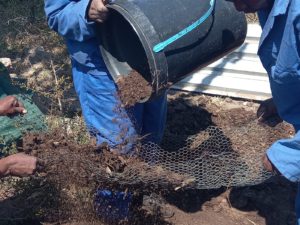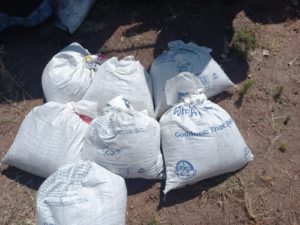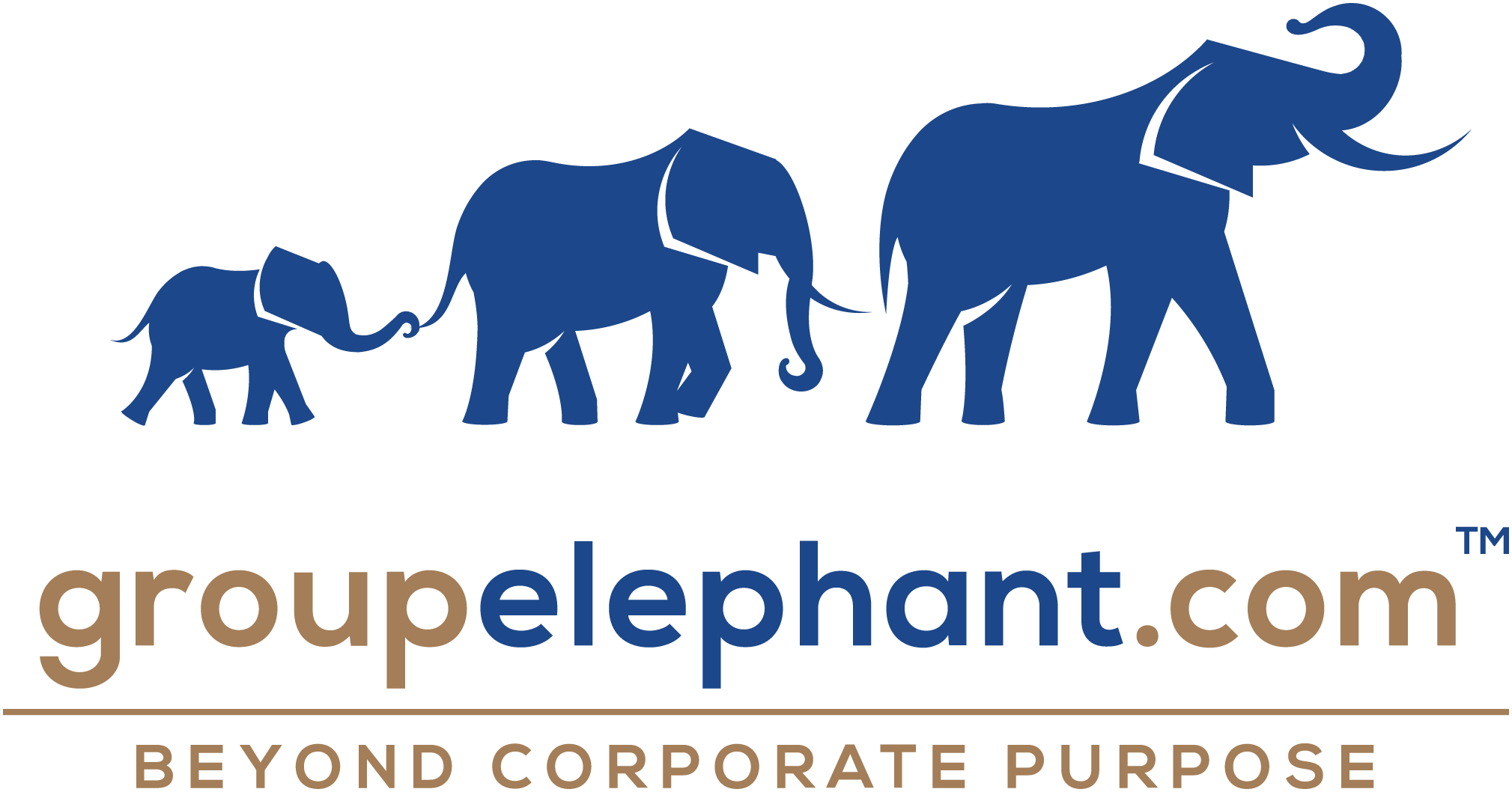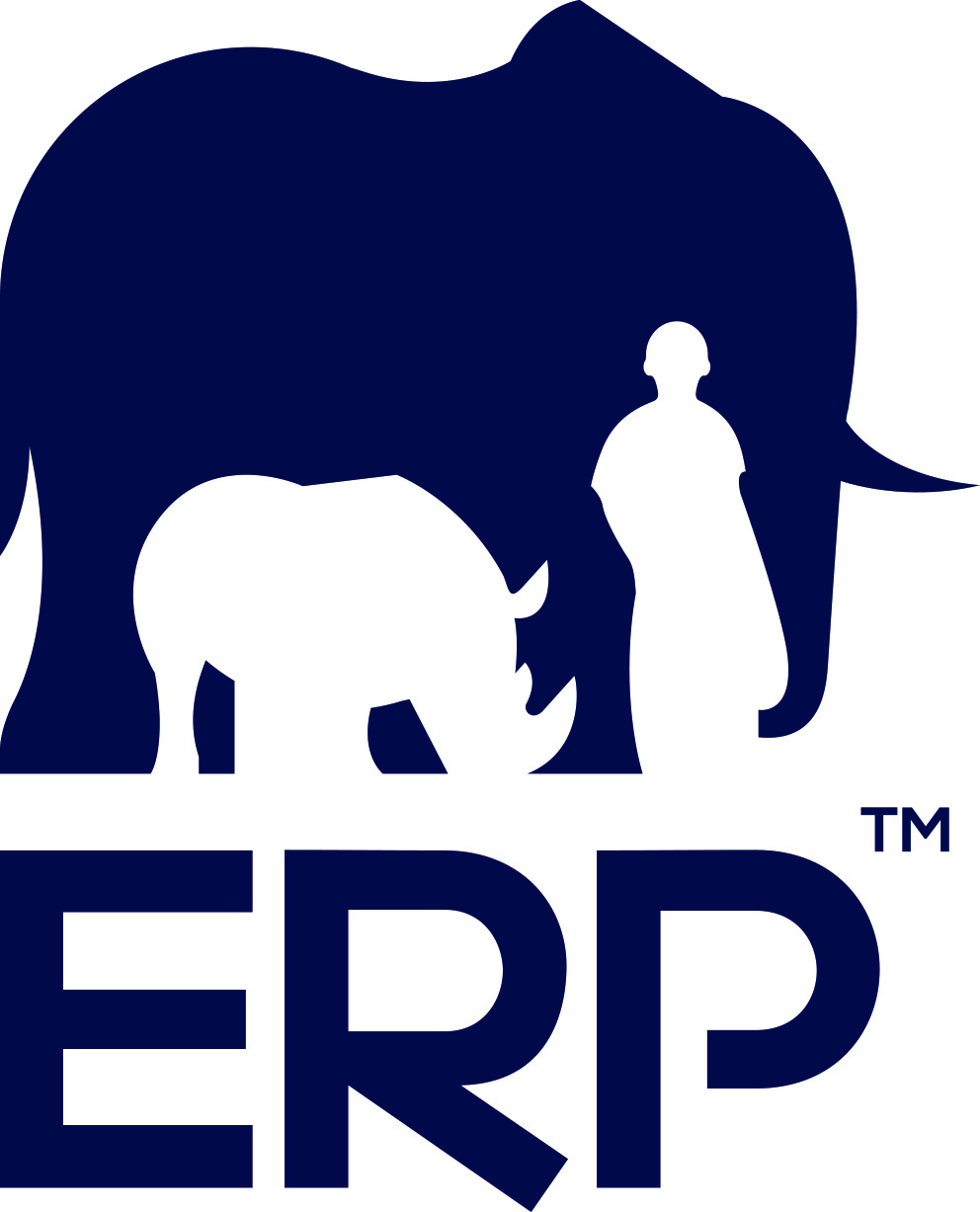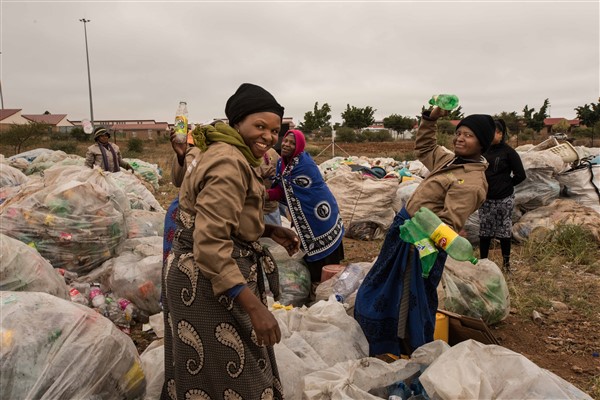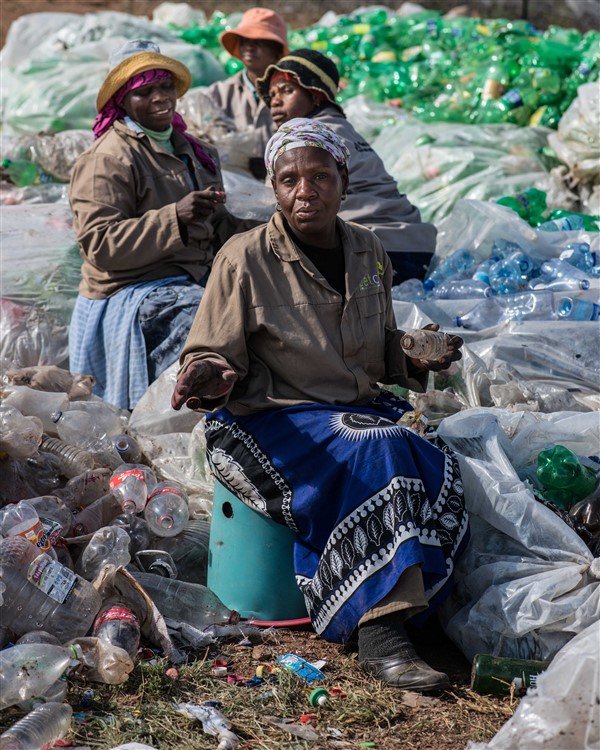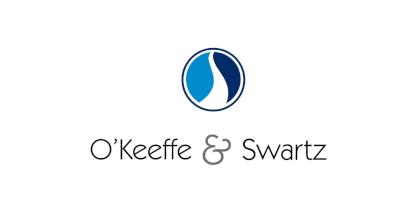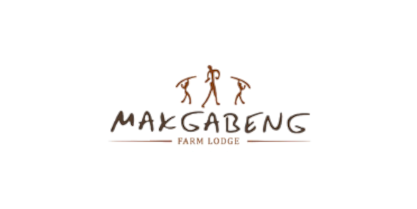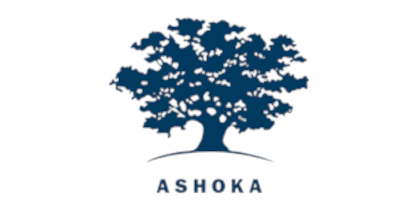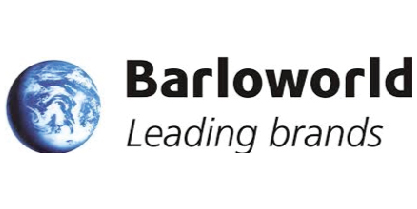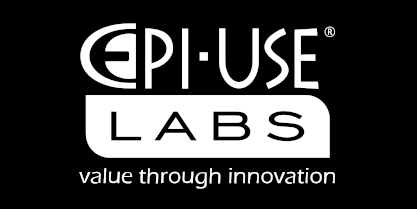
Environment
Creating sustainable jobs through waste management- collection and recycling. We also support eco-tourism ventures
“Sustainable development is development that meets the needs of the present without compromising the ability of future generations to meet their own needs’ – Brundtland Commission
The Environmental Challenge: Rural Waste Management
Most rural and semi urban areas in South Africa face challenges when it comes to implementing waste management and recycling strategies. These challenges include:
• Inadequate waste volumes generated to sustain recycling initiatives in small rural villages
• A lack of accessible markets for rural areas to sell their waste
• Poor municipal service delivery leading to waste not being collected in rural areas
• A lack of commercially viable and environmentally sustainable recycling projects to address environmental problems in rural areas
• Pollution through waste burning, dumping and litter
• The clogging and degradation of wet lands
A Sustainable Solution
At P.E.A.C.E, our response to this growing challenge is to provide a community based cooperative solution by setting up rural waste collection points that network with one another throughout a municipality culminating in a centralized local Buy Back centre which provides a solution to many of the challenges described. These recycling Buy Back centres;
• Create jobs for people who may otherwise be unemployable
• Enable a cleaner, healthier and more aesthetically pleasing environment
• Facilitate upcycling through development of craft and building materials, composting and energy production from waste
P.E.A.C.E Donkeys for Development: Making use of donkeys and donkey carts to collect waste in rural areas
Our integrated solution involves the training and registering of cooperatives to make use of customised donkey carts to collect waste. This approach is environmentally friendly, helps cut down waste collection costs and gives economic value not only to waste, but to donkeys as well which are often regarded as second class farm animals and are often ill-treated on this basis. At present, we make use of donkeys to collect waste in Senwabarwana (Limpopo) where we have an all women operated recycling BuyBack centre that has created permanent and casual jobs for waste collectors who would otherwise be unemployed.
Food for Waste Initiative
Attached directly to our waste recycling solutions is the concept of food production using organic waste to grow small vegetable gardens in all available spaces that can benefit from composting from the Buy Back Centres. These spaces and gardens will vary from inner city roof top gardening, to small gardens, space allowing, adjacent to Buy Back Centre in both rural, urban and peri-urban Centres. This initiative allows us to provide waste collectors with a supply of fresh fruits and vegetables over and above the cost of buying their waste. This initiative strives to encourage local households to establish their own food gardens where possible and effectively address hunger and malnutrition, so prevalent throughout the country.
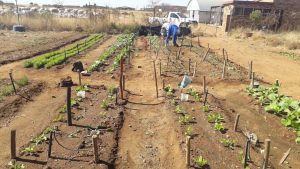
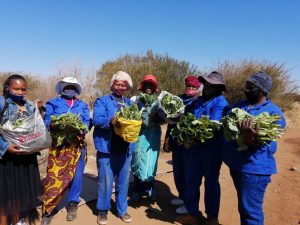
Organic Waste Programme
Furthermore, we have an organic waste programme that seeks to convert food waste and other decomposing waste materials into compost that can be sold off to the agricultural sector. The pilot project has been set up in Senwabarwana, where our Ntshabeleng Waste Cooperative has been using the Bokashi composting method. Currently, they have an off take arrangement with EPI-USE Africa, who purchase the compost from them, with the hope of expanding on their markets in the coming months.
